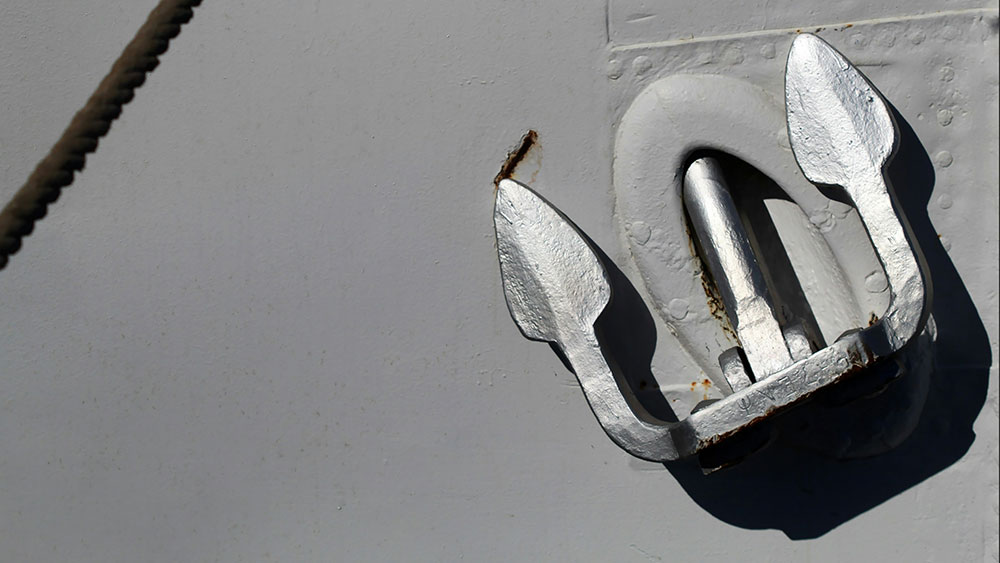Photo by Anne Nygård on Unsplash
Most negotiations have an opening bid. That bid becomes the anchor that the rest of the negotiation centers upon. If you’re good at setting anchors—and avoiding being anchored to a number you won’t like—you’ll get more out of your negotiations.
|
ADVERTISEMENT |
An interesting dynamic that can happen in negotiations, anchors are initial points from which you are going to negotiate. They can lock you into a position, and unfair anchors can kill a deal. If you’re presented with an unfair anchor, consider walking away. Also understand, if you give the other party an unfair anchor they may walk away.
When you have to set an anchor, base it in reality with data or assumptions. If I tell you I want to sell you a car and it’s $75,000, that can come across as an unrealistic price. If instead I tell you, “The Blue Book value of this car is $100,000 because it’s a one-of-a-kind limited edition, but I’ll start the negotiation at $75,000,” my initial anchor seems a lot more reasonable.
…

Add new comment